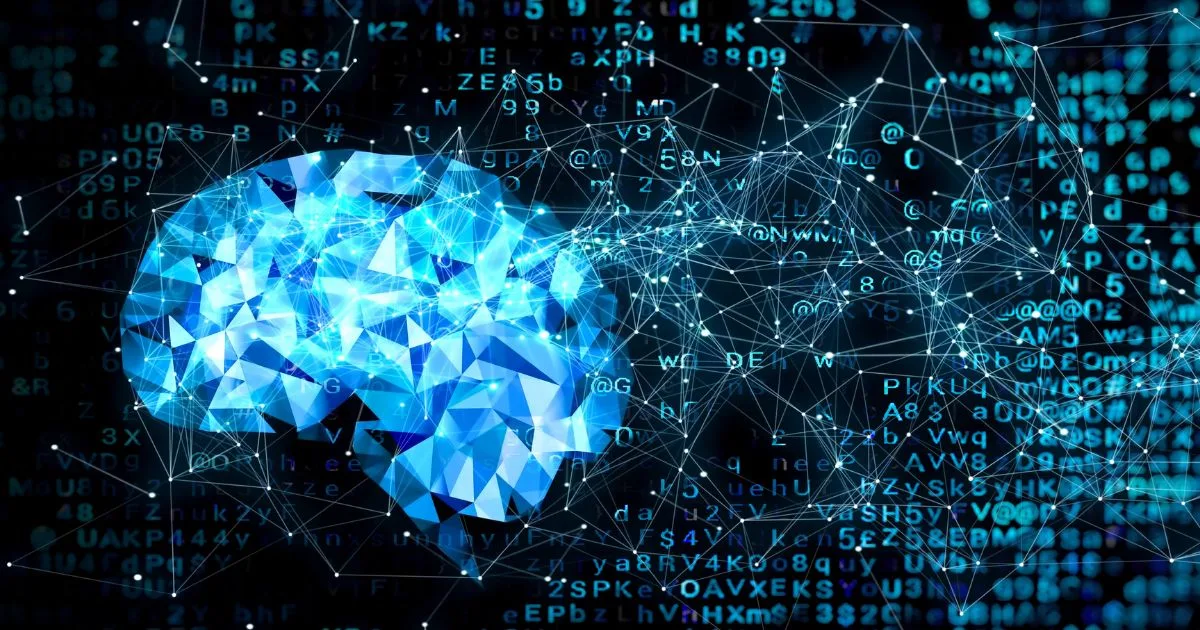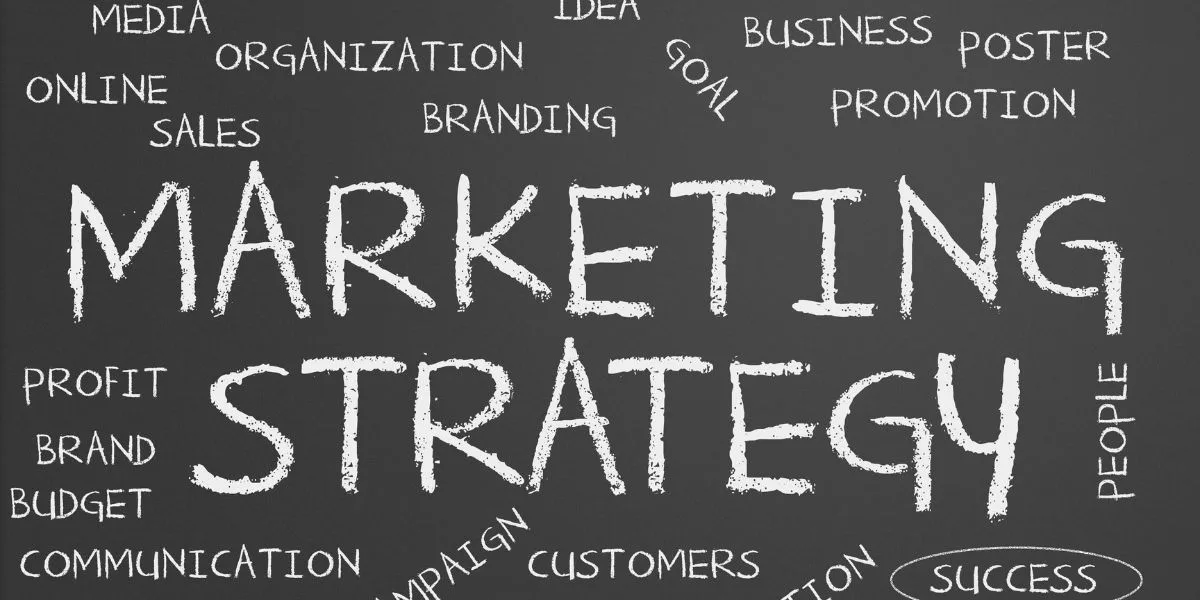Listen to this Article
Marketing has always been about understanding consumers and tailoring messages to meet their needs. But with the exponential growth of data and the emergence of artificial intelligence (AI), marketing has become more sophisticated than ever before. AI is transforming how businesses approach marketing, enabling them to deliver more personalized experiences and optimize their campaigns for maximum impact. Let’s explore how AI is used in marketing and how it is changing the face of the industry.
Understanding AI and its Role in Marketing
Before delving into the specifics of how AI is used in digital marketing, it’s essential to have a basic understanding of what AI is and how it works. AI refers to computer systems that can perform tasks that typically require human intelligence. This could include perception, reasoning, and decision-making. AI algorithms can process vast amounts of data, identify patterns and insights, and use this information to make predictions and recommendations.
In marketing, AI can be used to analyze customer data and provide insights that help businesses create more targeted and effective campaigns. By using AI algorithms, marketers can automate routine tasks, make data-driven decisions, and gain a deeper understanding of their customers. With AI, there is an incredible ability to improve both the speed and efficiency of a marketer’s workload.
Personalization: AI’s Biggest Contribution to Marketing
One of the most significant ways AI is revolutionizing marketing is by enhancing personalization. Through AI algorithms, businesses can create highly personalized customer experiences by delivering relevant and timely messages. By analyzing customer data, including past purchases, browsing history, and demographics, AI can predict what customers are likely to buy and tailor messages to meet their needs.
Personalization is not just about sending the right message to the right person. It’s also about creating an emotional connection with customers. Is AI capable of that? The short answer is yes: the algorithm can target customers through their preferred channels and topics at their preferred time. And personalized experiences help businesses build stronger customer relationships and increase loyalty.
Optimizing Campaigns for Maximum Impact
The integration of AI in marketing strategies has revolutionized the way businesses optimize their campaigns for maximum impact. One of the primary advantages of leveraging AI algorithms is the ability to scrutinize and analyze copious amounts of data. This allows businesses to identify the most effective messages and channels for driving conversions. By optimizing their marketing campaigns through the application of AI, companies can achieve significant improvements in ROI, minimize wastage, and propel revenue growth.
Furthermore, AI technology can enable businesses to discover new marketing opportunities and refine their messaging for diverse customer segments. Analysis of customer data by leveraging AI can provide businesses with valuable insights into the type of messages and offers that are most likely to resonate with different customer groups. As such, businesses can achieve a higher degree of personalization in their marketing approach and effectively target their marketing efforts toward specific demographics.
Chatbots: The Rise of AI-Powered Customer Service
AI is not just changing the way businesses approach marketing; it’s also revolutionizing customer service. Chatbots, which use AI algorithms to understand and respond to customer inquiries, are becoming increasingly popular in the industry. By using chatbots, businesses can provide 24/7 customer support, reduce response times, and improve customer satisfaction.
Chatbots are particularly useful for handling routine inquiries, such as checking order status or answering FAQs. By automating these tasks, businesses can free up their customer service teams to focus on more complex inquiries and provide a higher level of support.
Ethical Concerns: The Dark Side of AI in Marketing
While AI may offer numerous advantages to marketing, it is not without ethical concerns that loom over its implementation. The use of AI for personalized advertising is a significant ethical concern. Some may contend that personalized advertising has the potential to be manipulative and infringe on customers’ privacy. There are also apprehensions about AI-powered campaigns that they may perpetuate biases and discriminatory practices.
To address these concerns, enterprises need to prioritize transparency in their utilization of customer data and make sure that they are utilizing it in an ethical manner. Additionally, they must consider the possible impact of their campaigns on distinct customer groups and take adequate measures to diminish any negative effects that may arise.
Final Thoughts
Like it or not, AI is transforming the way businesses market. And that’s not going to change any time soon. By using AI, marketers can deliver a more personalized experience and optimize campaigns faster and more efficiently than marketers alone. Plus, AI algorithms can help marketing departments analyze consumer data and better understand their buyer personas to tailor more specific emotional messages. And with chatbots and personalized advertising, AI is changing the face of customer service.










